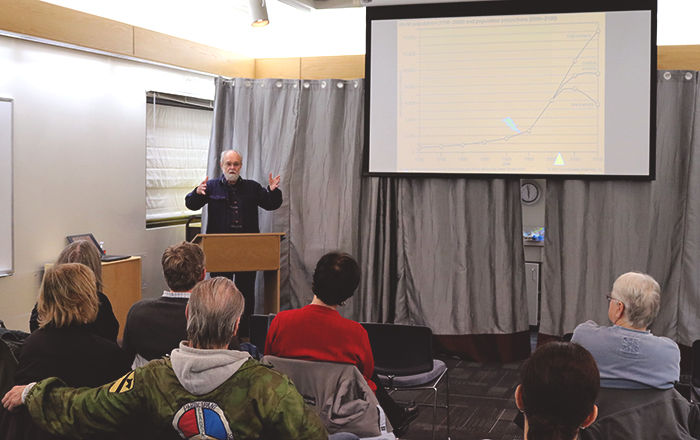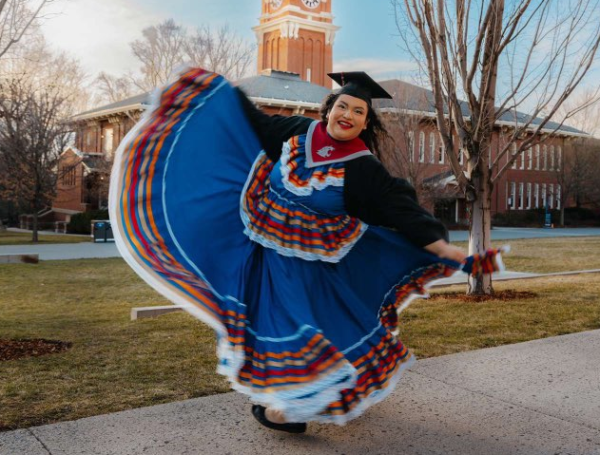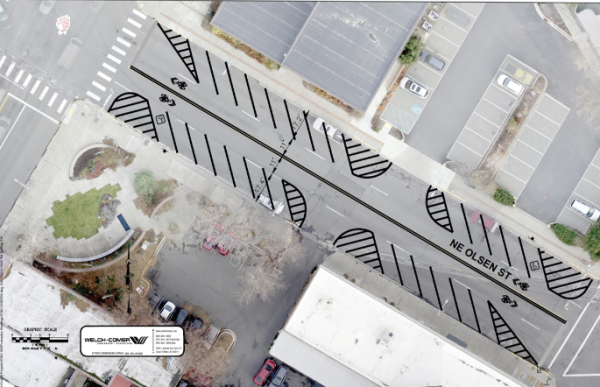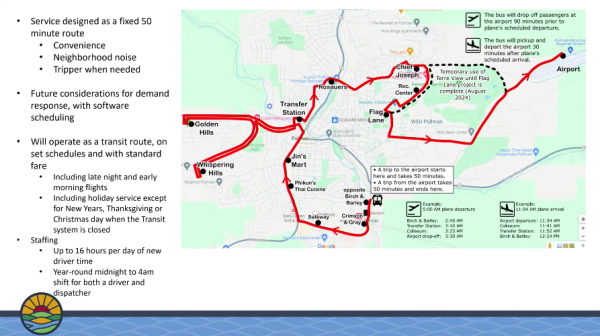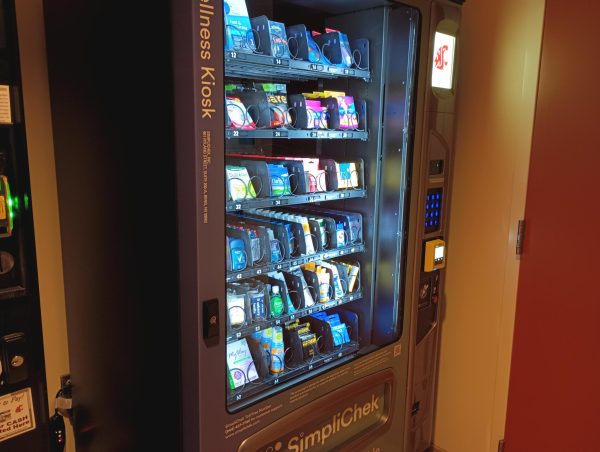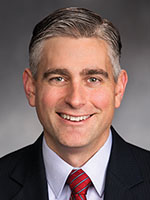‘Look, listen and read’
Dr. Peter Haug discussing the effects of global warming on climate change at Neill public library, “We don’t know what we don’t know.”
February 22, 2017
A former ecologist gave a more positive outlook on the topic of climate change yesterday at a Neill Public Library community event titled “Climate Change: Wicked Solutions for a Wicked Problem.”
Peter Haug was involved in ecological impact analysis for 30 years before retiring. During his retirement, Haug became interested in the topic of climate change after seeing Al Gore’s 2006 documentary “An Inconvenient Truth.”
However, it was not until 2013 that he started to get seriously interested in climate change. He was tired of enduring the endless spectrum of opinions, he said.
Haug first started educating others about the topic in 2015, when he taught six classes on climate change at the Pullman Pioneer Center for the Pullman Parks and Recreation Department.
“It’s my last cause,” he said.
Climate change is a “wicked” problem, or as Haug defined it, something that is difficult or impossible to solve.
Haug broke his discussion down into three topics: the bad news, the good news and the great news. The bad news, he said, is that climate change is widely misunderstood.
“It’s like the blind men and the elephant,” Haug said, referring to the story of blind men feeling different parts of an elephant and all coming to different conclusions.
Solving this problem is like trying to aim at a moving target, but the first milestone is to have the vast majority of people understand it, he said.
“We don’t know that we don’t know [about climate change],” he said.
The good news is renewable energy sources are skyrocketing, Haug said.
“Technology is rising to the challenge,” he said.
Haug also noted that wind and solar will be the most hopeful and beneficial sources of energy for the future. Last year, wind power became the fourth largest source of energy in the U.S., he said.
The great news is there are many individual and collective efforts aware of the problem, he said.
Haug encouraged the community to stay informed.
“Look, listen and read,” he said.


